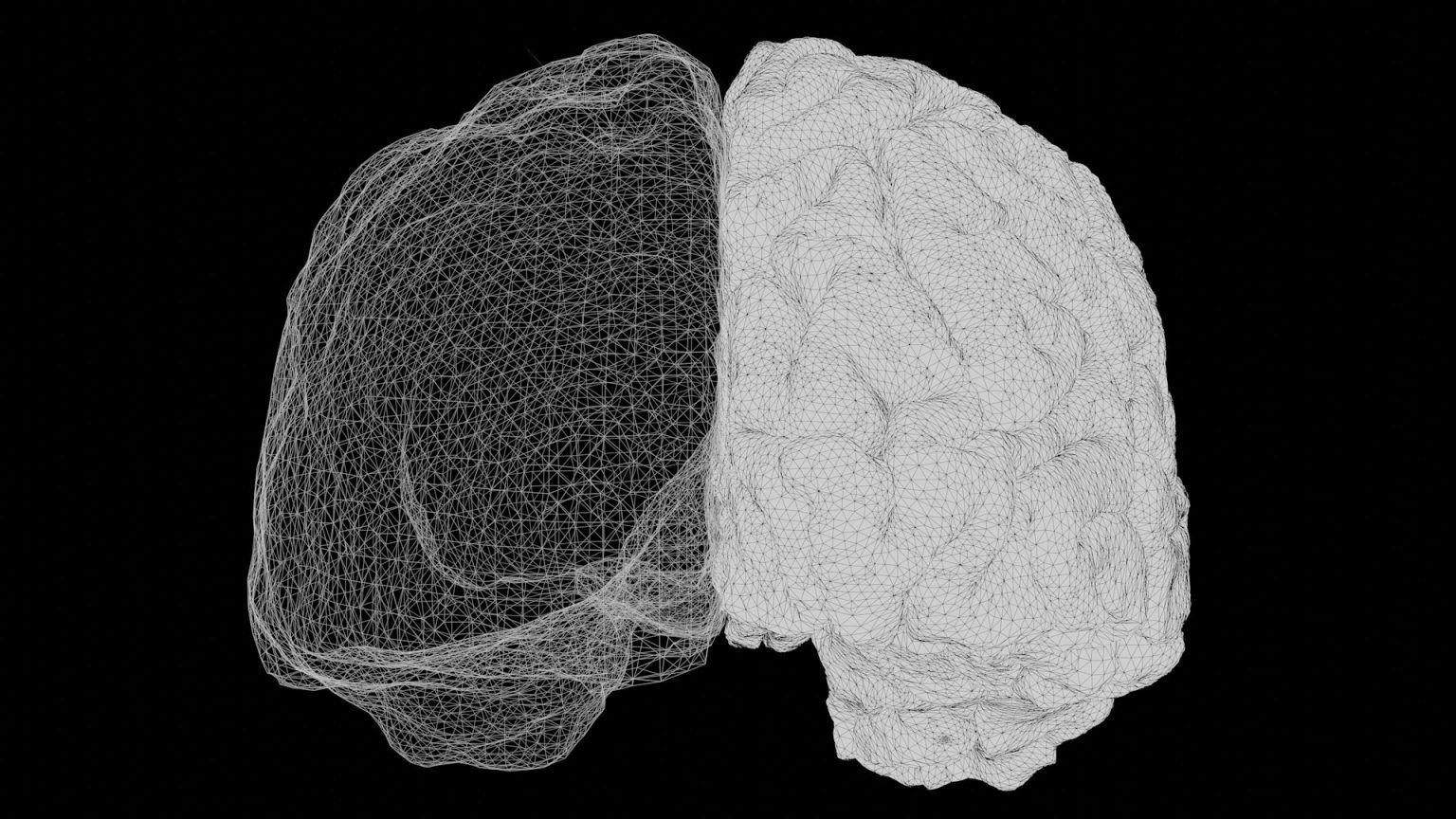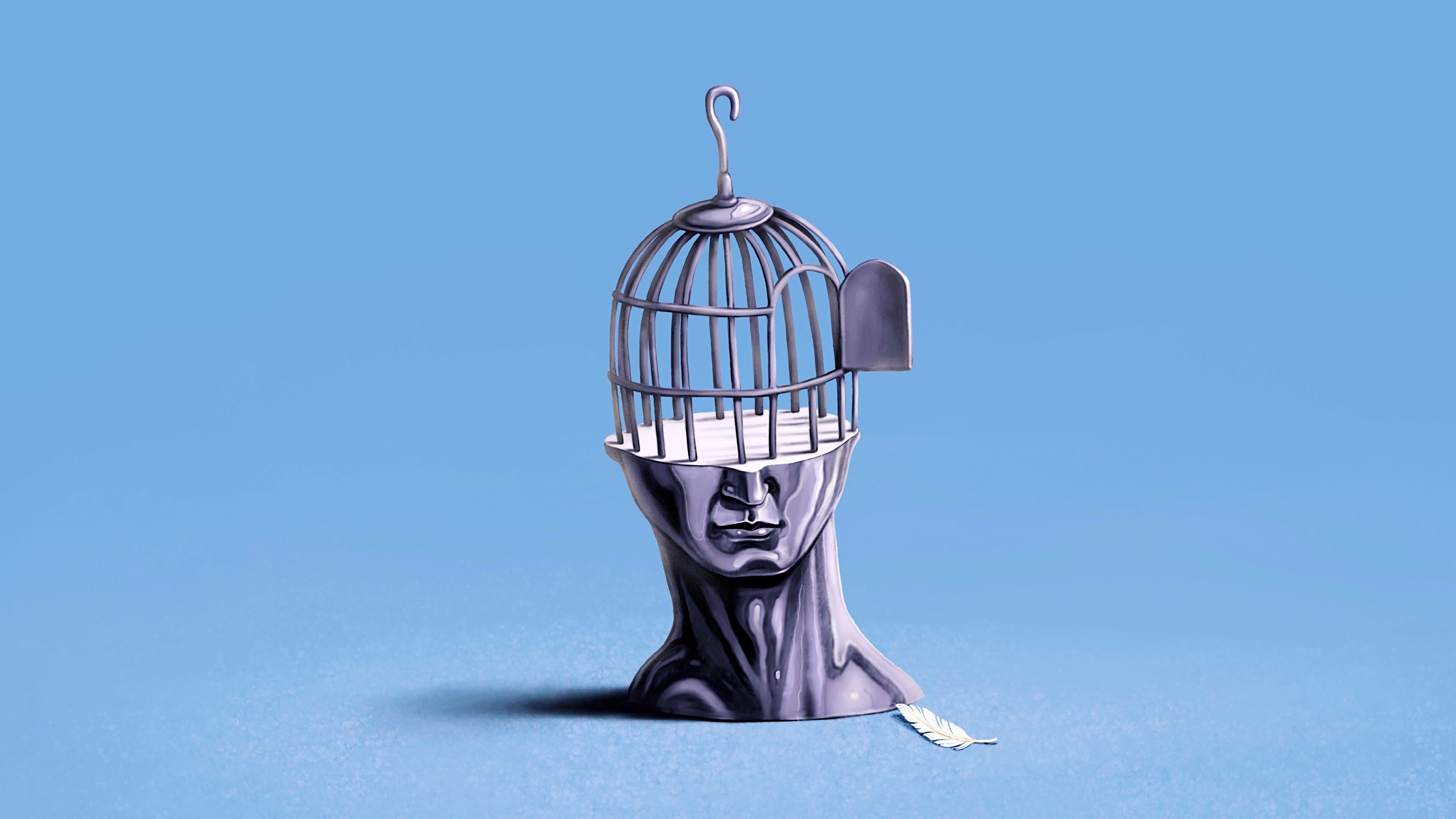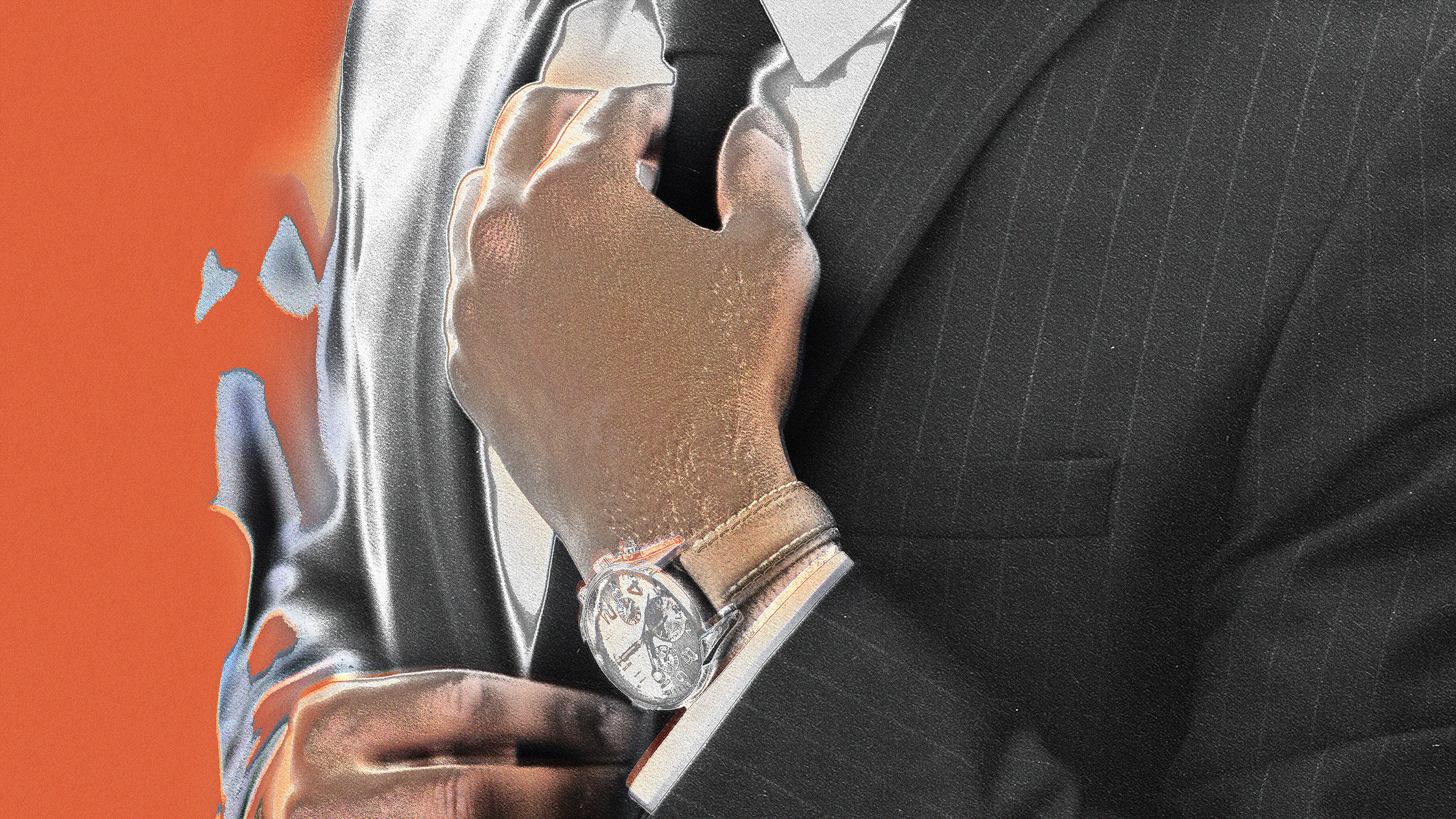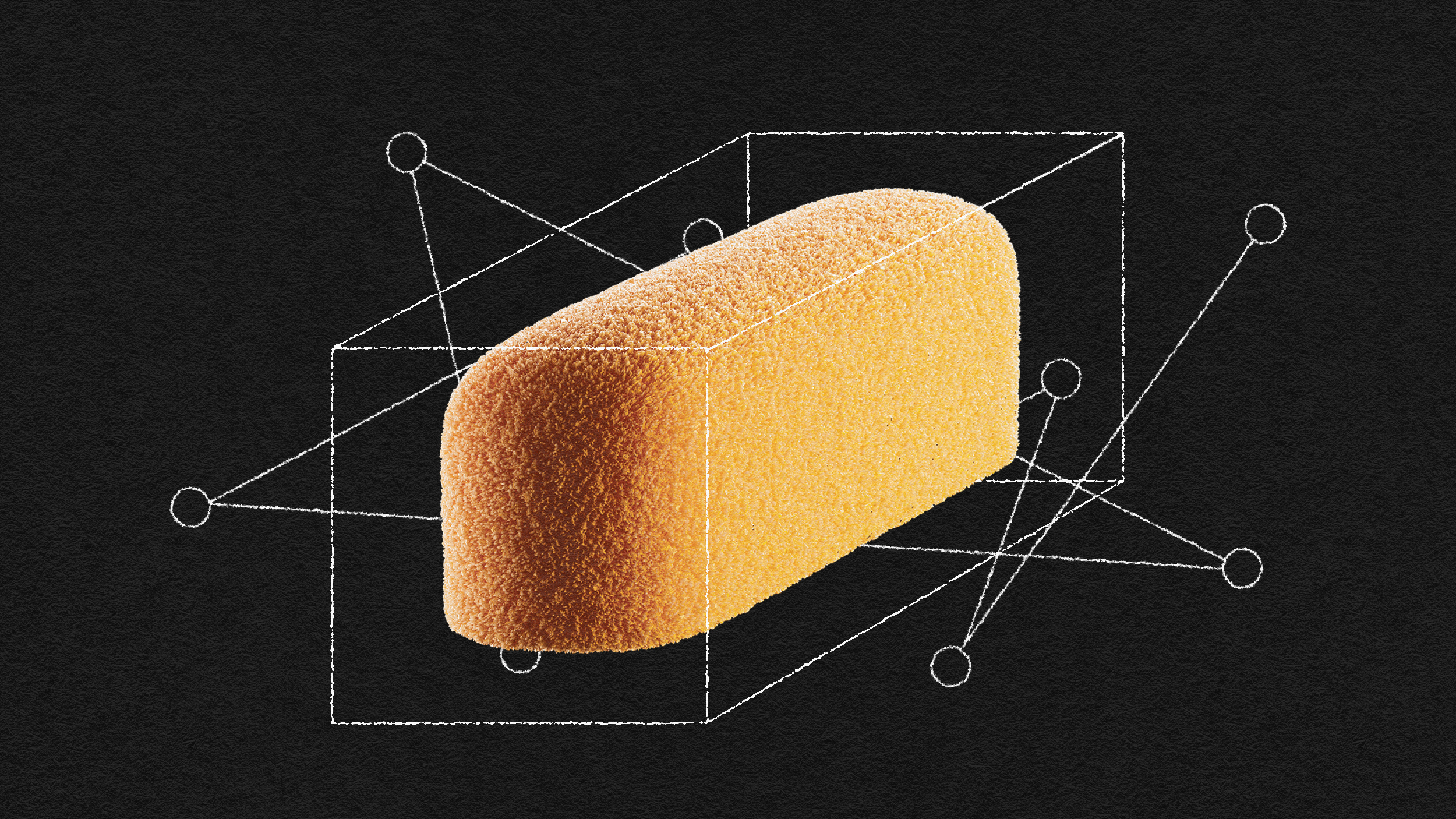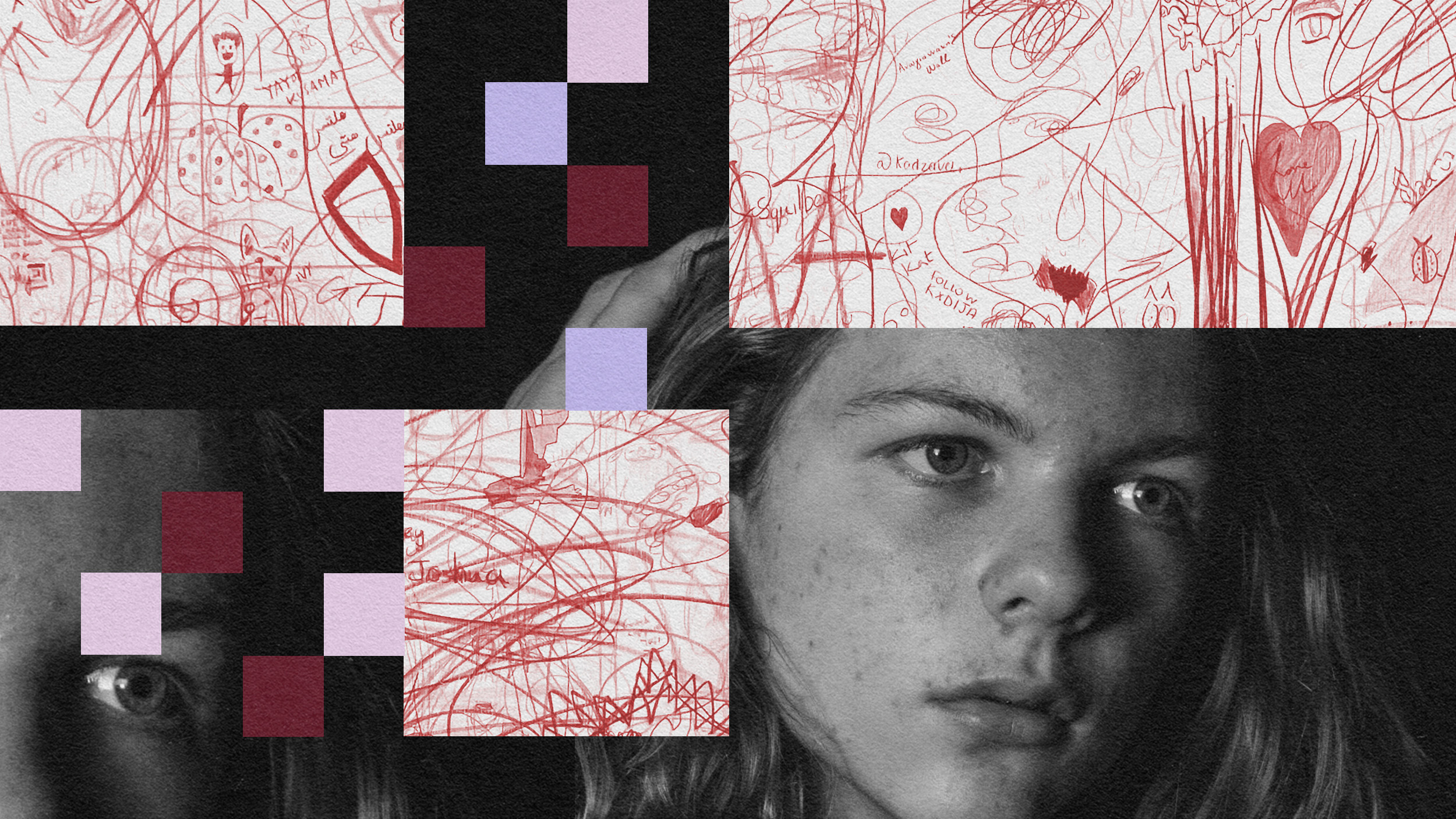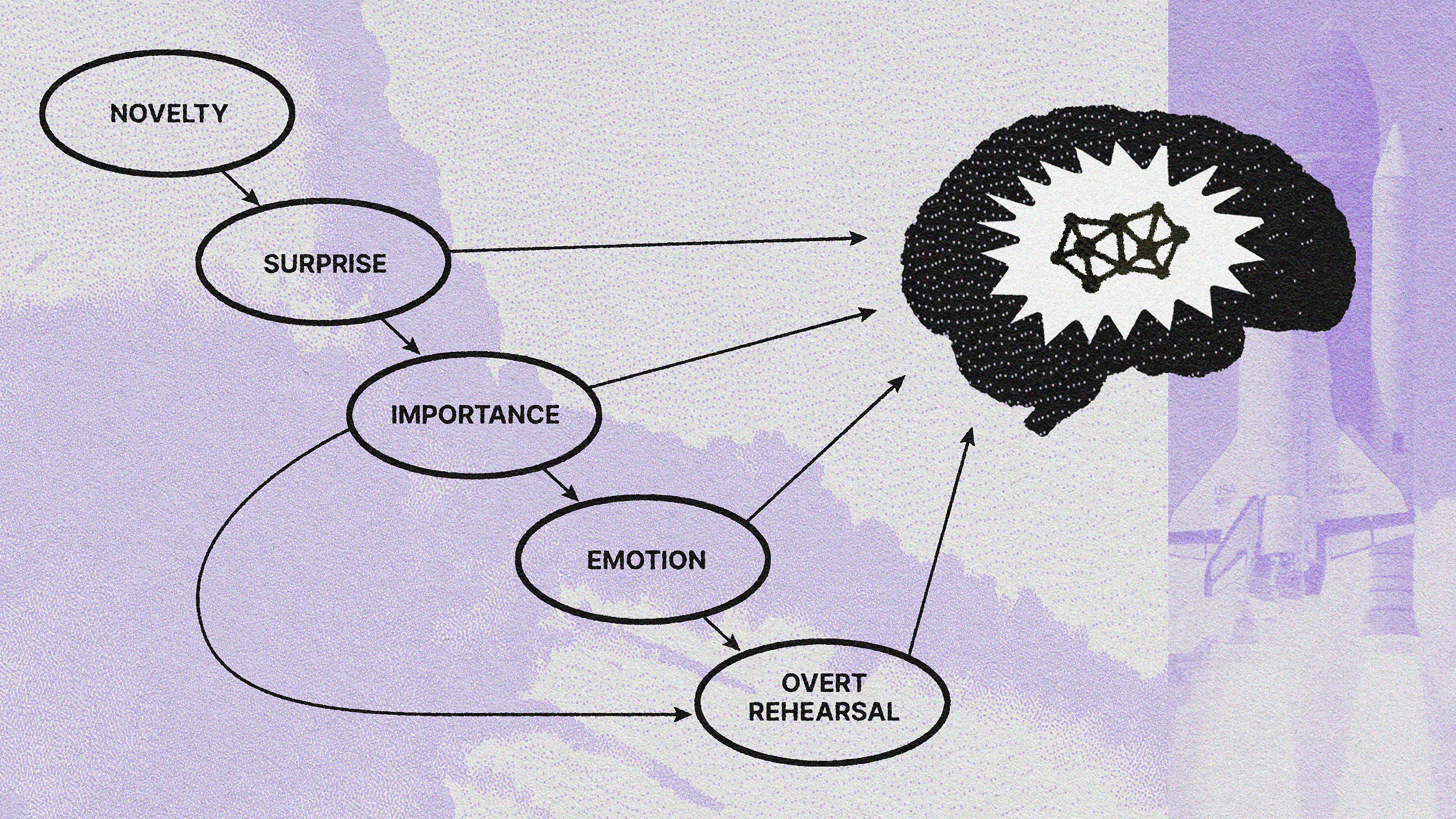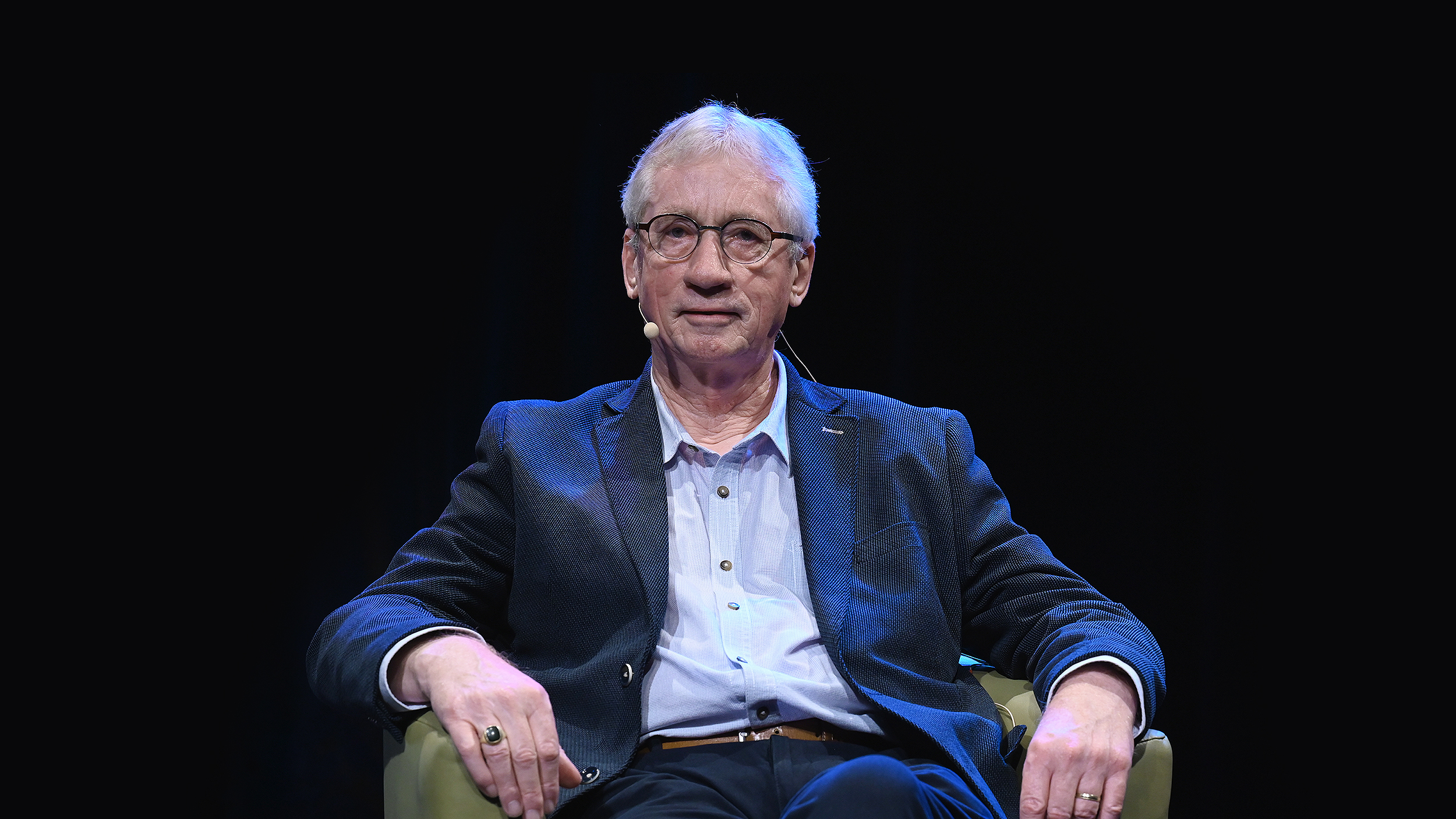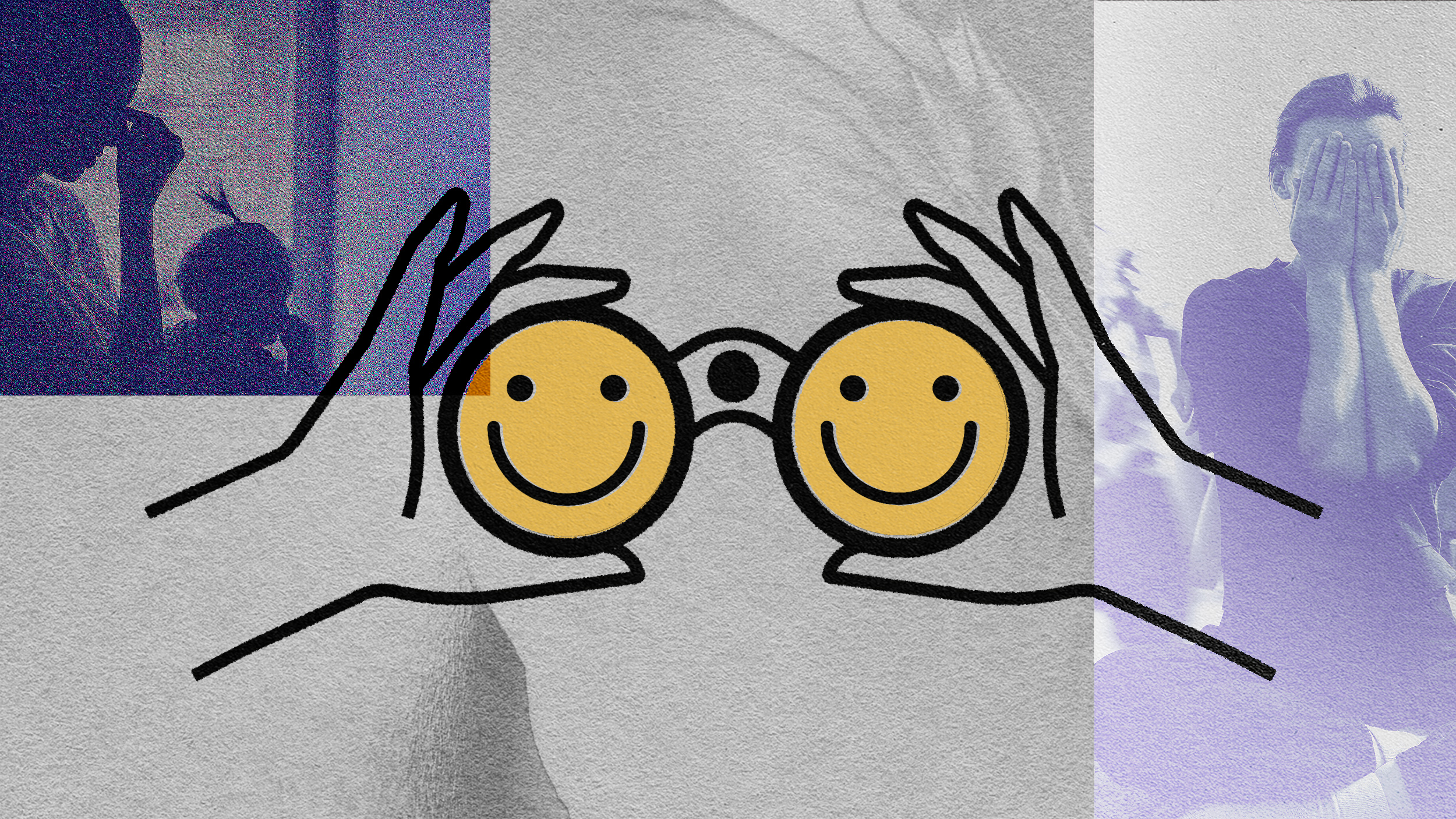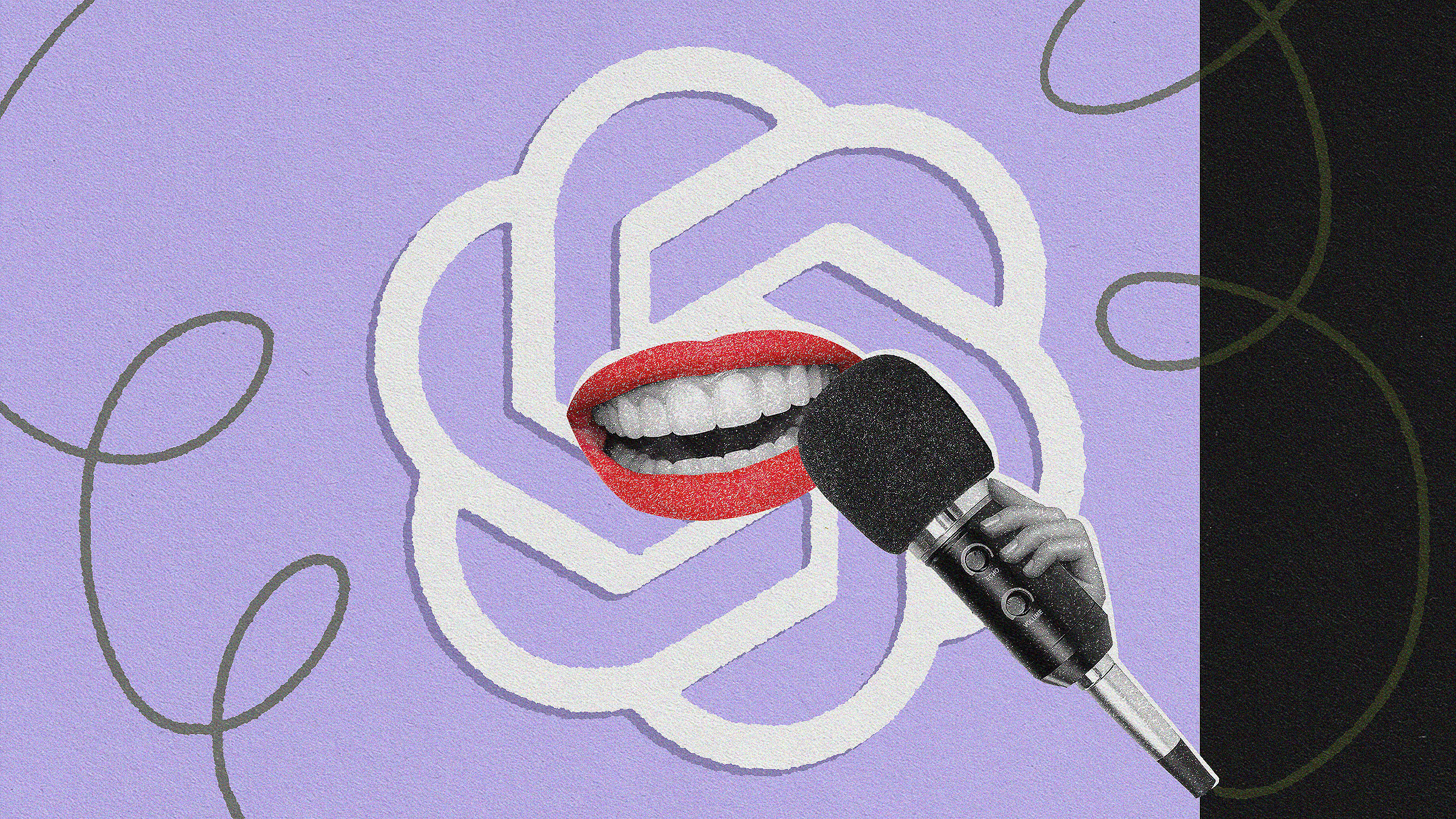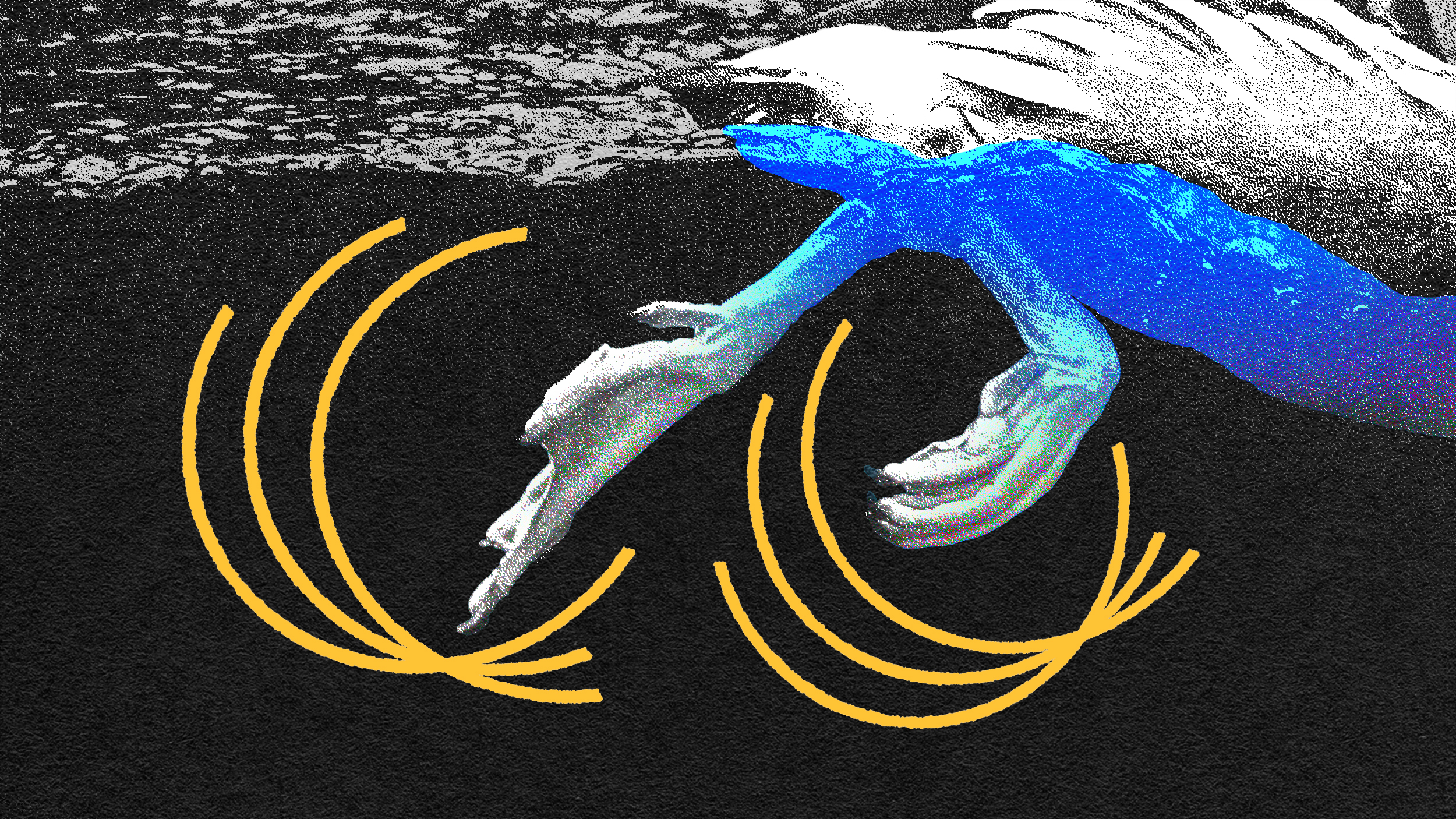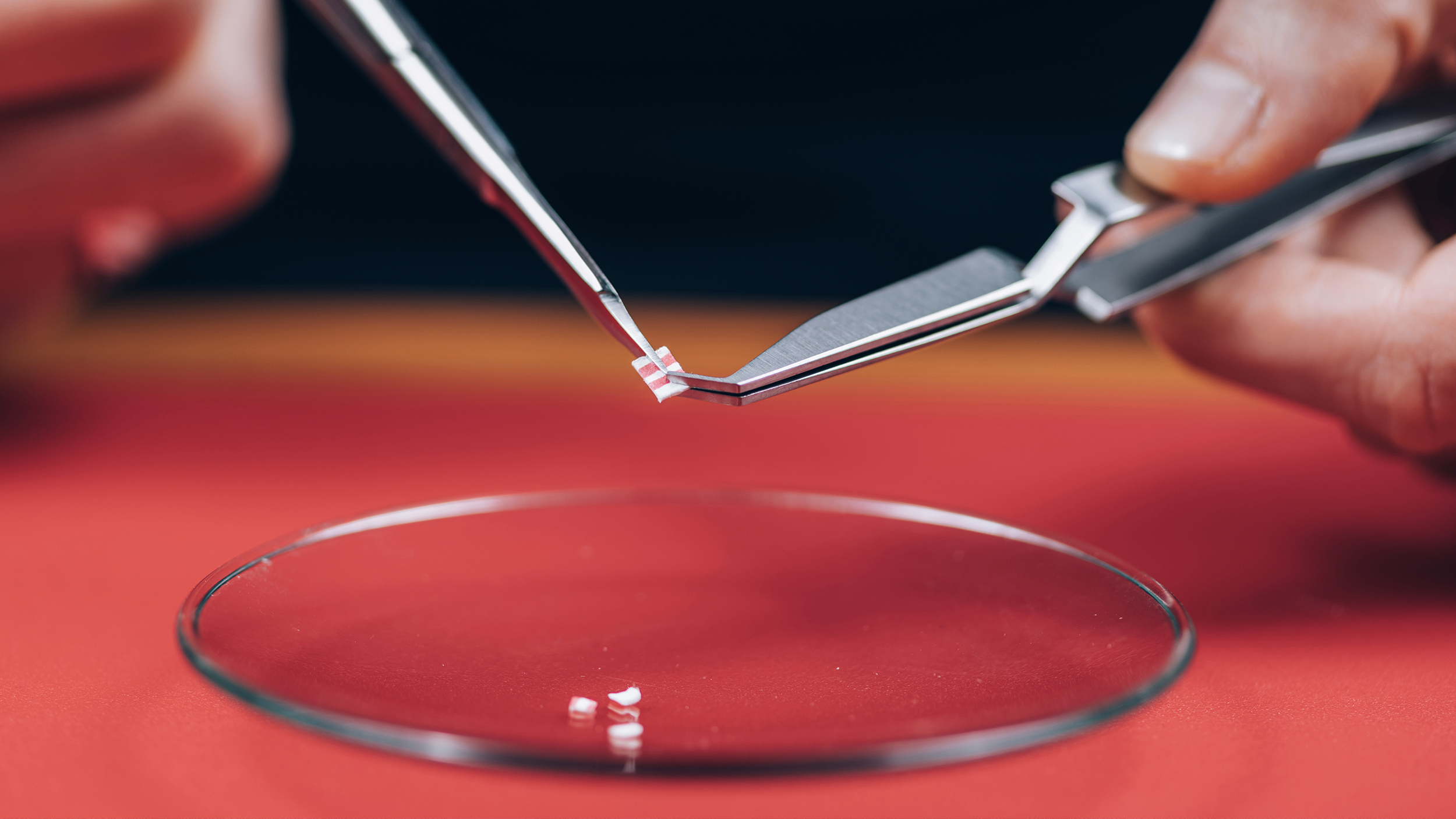An argument for emphasis on subjective experience.
A new framework describes how thought arises from the coordination of neural activity driven by oscillating electric fields — a.k.a. brain “waves” or “rhythms.”
Big Think recently spoke with behavioral scientist and author Katy Milkman about what really motivates us and steers our behavior.
It’s a proclivity that sometimes leads to internal conflicts and high turnover.
Research suggests that experience may matter more than innate ability when it comes to a sense of direction.
In the murder trial of Dan White, the defense touched on diet as a cause for White’s actions. It has become known as the “Twinkie defense.”
Beer before wine and you’ll feel fine? Well, it depends.
Sometimes you just want to hear, “I know what it’s like.”
You really can get by with a little help from your friends — if you also look beyond your personal to-do list.
Public mass shooters almost always have worldviews shaped by the “3 Rs”: rage, resentment, and revenge.
A recent study suggests that exposure to visual stimuli can diminish the effects of psychedelic drugs.
Attention deficit hyperactivity disorder has been a controversial diagnosis since it was first described, back in the 1940s.
An excerpt from “Memory,” a primer on human memory, its workings, feats, and flaws, by two leading psychological researchers.
His career helped define humanity’s place in the world by bringing us “a little closer” to our ape relatives.
A growing body of research suggests that optimism plays a significant role in promoting both physical and mental well-being.
Happiness is not a five-star holiday. It’s often the result of struggle — and asking for help, as author Stephanie Harrison recently told Big Think.
The secret sauce of humor is incongruity. AI knows this as well as we do.
When we view hard work as a sign of low aptitude, it harms our ability to learn and grow.
Being bilingual benefits children as they learn to speak — and adults as they age.
Neuroscientist Tali Sharot recently spoke with Big Think about a two-step method for escaping the dark sides of habits.
Is it genes or their special bond that drives identical twins to offend at similar rates?
Genes are sometimes called the “blueprint of life,” but that doesn’t make them the behavioral playbook.
Here’s the thorny reality behind psychedelics’ ability to unearth buried memories.
After listening to the same playlist, people from the United Kingdom, the United States, and China reported feeling nearly identical bodily sensations.
To make a ton of information stick in your mind, you have to make it chunky.
Benjamin Breen on his greatest revelations while writing about the birth of psychedelic science.
Research suggests you can influence your sense of time by changing the “embodiedness” of your daily habits.
Scientists are probing the head games that influence athletic performance, from coaching to coping with pressure.
Big Think spoke to the author of “The 5 Love Languages” about the popular relationship theory — and its lack of scientific support.

